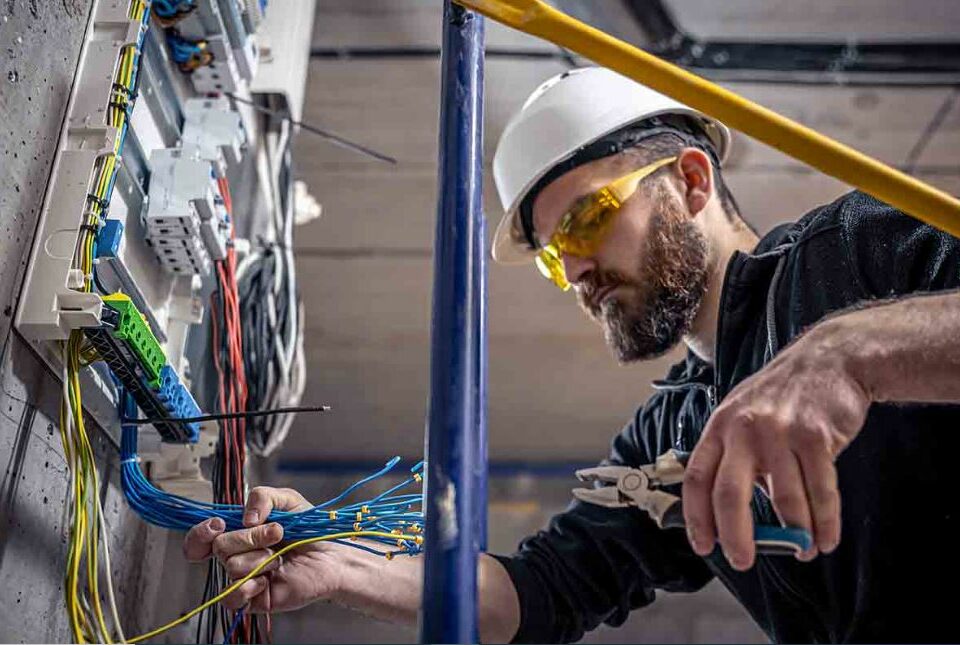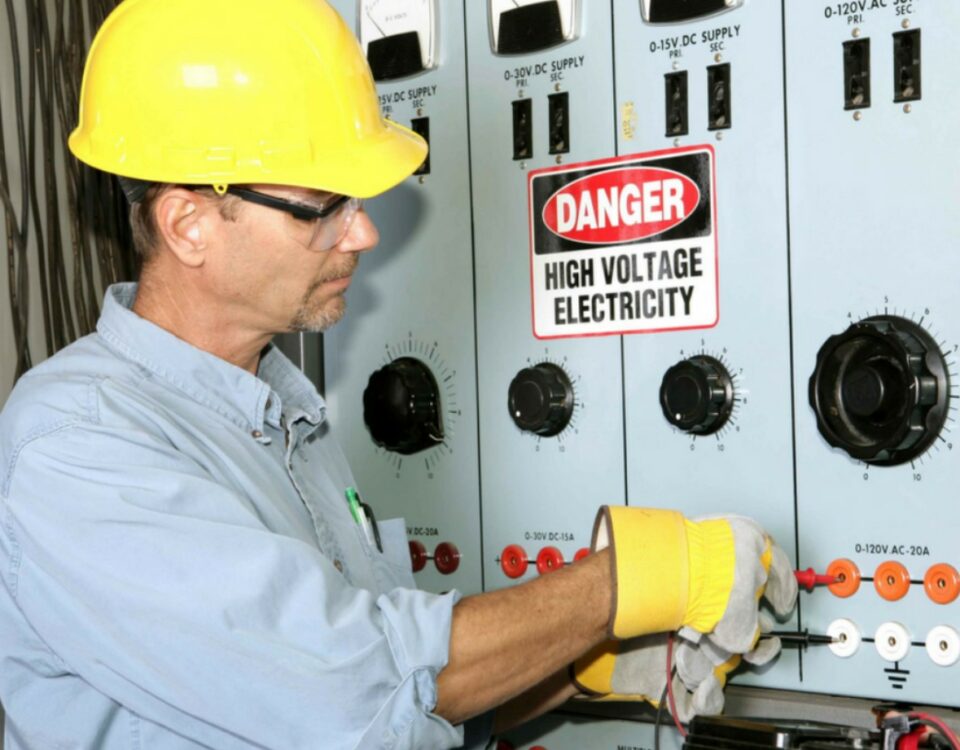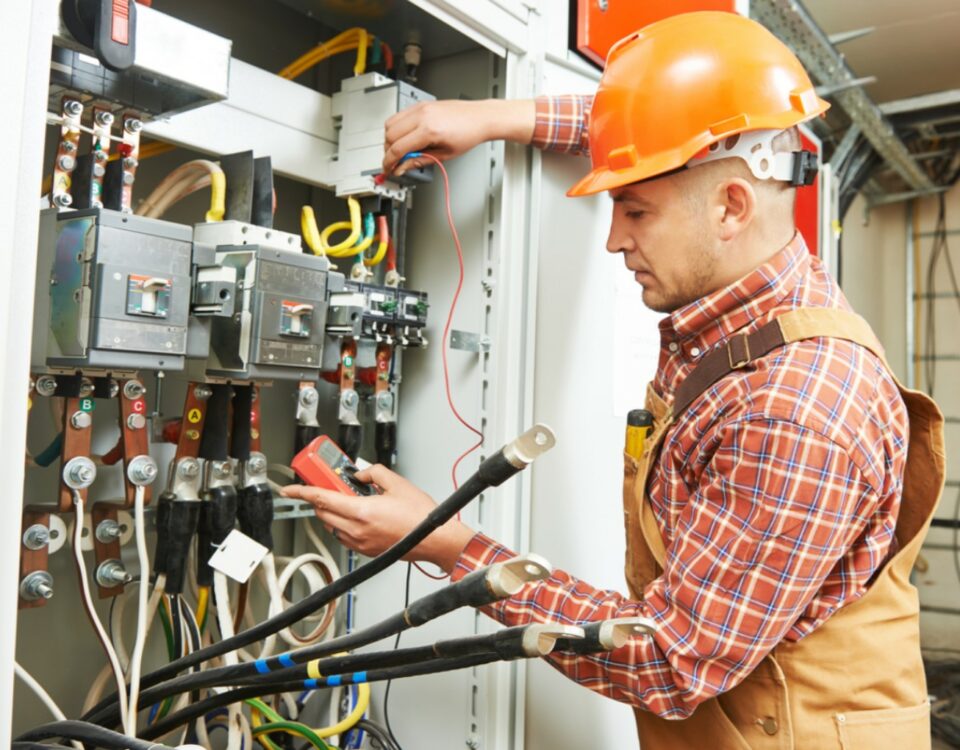Exploring The Different Types Of Electricians

Tips For Choosing The Right Electrician For Your Home Or Business
June 21, 2023
How To Make Sure Your Electrician Is Qualified And Experienced?
June 21, 2023Electricity plays an essential role in modern society, powering everything from our homes to our workplaces and beyond. However, when it comes to the installation, maintenance, and repair of electrical systems, it’s important to recognize that not all electricians are created equal.
In fact, there are several different types of electricians out there with unique skills and specialties. To truly understand the world of electricians, one must explore the various types of professionals who work in this field.
From residential electricians who focus on home wiring and repairs to industrial electricians who specialize in complex system installations for factories and other large-scale facilities, each type has its own areas of expertise. By gaining a better understanding of these different specialties and what they entail, individuals can make more informed decisions about selecting the right type of electrician for their needs.
Residential Electricians
Residential electricians specialize in the installation, maintenance, and repair of electrical systems and components inside homes and apartments. They are responsible for ensuring that all wiring and electrical fixtures comply with local codes and regulations to ensure safety.
Residential electricians work on a variety of projects from new constructions to upgrades, remodels, or repairs. They install lighting fixtures, outlets, switches, ceiling fans, circuit breakers, ground fault circuit interrupters (GFCIs), smoke detectors, doorbells, and intercom systems as well as troubleshoot any issues that arise within an existing system.
They also work with HVAC contractors to install heating and cooling systems in homes. Moreover, residential electricians may advise homeowners on energy-efficient solutions such as solar panels or LED lighting installations that can help them save money on their electricity bills while reducing their carbon footprint.
Overall, residential electricians play a crucial role in keeping homes safe and functional while improving the quality of life for homeowners.
Commercial Electricians
Commercial electricians are experts in designing, installing, and maintaining electrical systems for businesses and industrial facilities. They have a deep understanding of the complexities that come with working on larger-scale projects that require more advanced technical skills and specialized equipment.
Commercial electricians work within strict safety guidelines to ensure that the electrical systems they install and maintain meet all necessary building codes and regulations.
To be successful as a commercial electrician, one must have a strong foundation in electrical theory, as well as practical experience working with large-scale electrical systems. Additionally, commercial electricians must be able to read blueprints and schematics accurately, possess excellent problem-solving skills, and communicate effectively with other members of their team.
They must also stay up-to-date with industry trends and advancements to provide their clients with the most modern solutions possible.
In summary, being a commercial electrician requires an experienced professional who is equipped to tackle complex projects while ensuring safety compliance at every step of the way.
Industrial Electricians
Specializing in complex electrical systems for industrial facilities, industrial electricians are the backbone of maintaining and optimizing production processes. They are responsible for designing, installing, maintaining, and repairing electrical systems that power heavy machinery, production lines, and other critical equipment. Industrial electricians must have a comprehensive understanding of the electrical codes and regulations relevant to their industry.
Industrial electricians work in a variety of settings including factories, mines, refineries, and chemical plants. They may be required to work in hazardous environments where safety precautions are necessary to minimize risks. Due to the nature of their work environment and the complexity of their tasks, industrial electricians require specialized training beyond what is required for commercial or residential electricians.
It is not uncommon for them to undergo apprenticeships or vocational training programs before they become fully qualified industrial electricians.
How To Make Sure Your Electrician Is Qualified And Experienced?
Tips For Choosing The Right Electrician For Your Home Or Business





